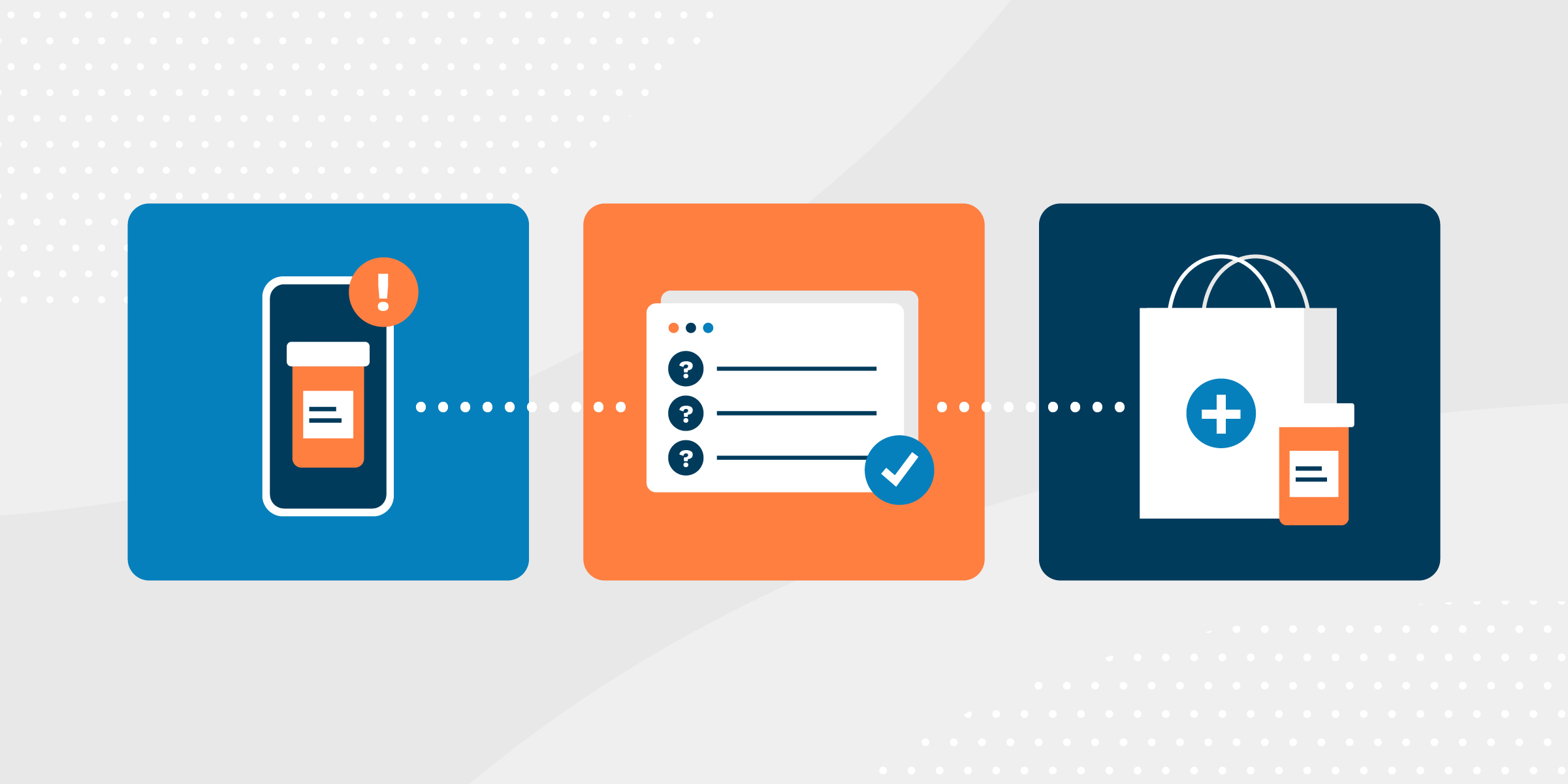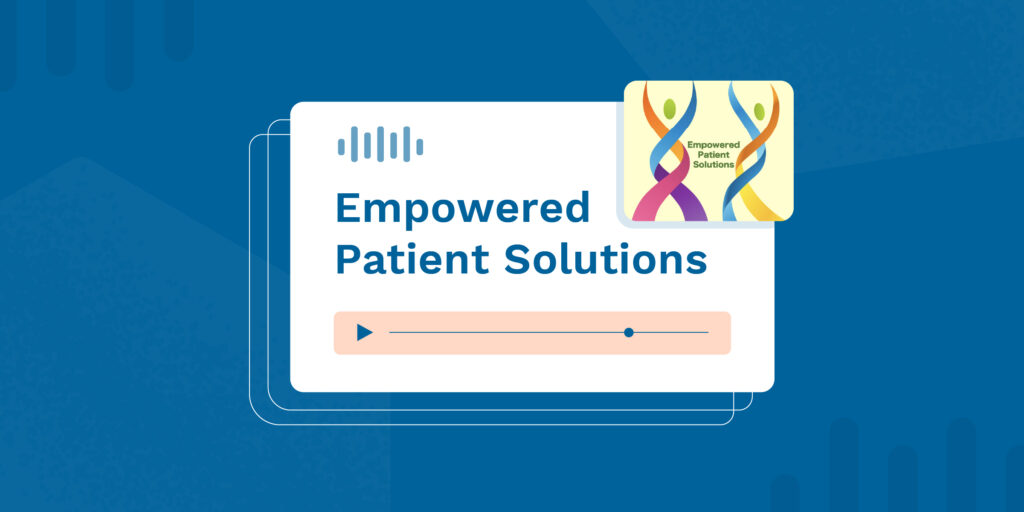Most insurance companies require prior authorization (also referred to as precertification or pre-approval) as a safety and cost-saving measure. However, the process is not popular with prescribers—in fact, it’s one of the most criticized processes in healthcare today.
An American Medical Association (AMA) study found that 92% of physicians feel that prior authorizations negatively affect clinical outcomes. The same survey reported that 78% of doctors say prior authorizations can lead to patients abandoning treatment. According to a March 2022 MGMA Stat poll, 98% of medical practices surveyed reported payer prior authorization requirements increased or stayed the same over the past 12 months.
There are also associated costs with the process. A report by Health Affairs determined that the annual cost of prior authorizations to the U.S. healthcare system is between $23 and $31 billion. This figure does not include indirect costs such as time away from patients, increased administrative tasks, and less time to grow the practice. Because of the time, effort, and costs associated with manual, paper-based prior authorization processes, many providers are turning to electronic-based measures.
How Efficient is the Current Electronic Prior Authorization Process?
Electronic prior authorization (ePA) is a feature included in some electronic prescribing (e-prescribing) and Electronic Health Records (EHR) systems. With ePAs, prescribers can speed up the prior authorization process by sending requested documents to health insurance companies through digital means rather than relaying information via phone or fax. This process can be integrated into provider workflows through an EHR system.
Research shows that ePA reduces the amount of time required to complete prior authorization requests and accelerates determinations from health insurance companies. AMA found that manual prior authorization processes took providers about 14.6 hours on average (or about two business days) to complete requests. This figure does not include the amount of time it takes insurance companies to approve or deny the request. Furthermore, 30% of prescribers reported that the average wait time for determination is three days.
How do these statistics compare to research regarding the ePA process? Data from CoverMyMeds shows that 62% of ePA requests return a determination within two hours and 43% receive an immediate determination. Research conducted by America's Health Insurance Plans (AHIP) found that 71% of experienced providers using ePA reported faster time to patient care. The study also concluded that ePA reduced the amount of time between the submission of a prior authorization request and determination by 69%.
Is Electronic Prior Authorization Mandated by the U.S. Federal Government in 2023?
As of January 1, 2022, Medicare Part D plans are required to support ePA. Under the SUPPORT Act (Substance Use-Disorder Prevention that Promotes Opioid Recovery and Treatment for Patients and Communities Act), the Centers for Medicare & Medicaid Services (CMS) is authorized to require ePA capabilities for processing prior authorization. This standard was mandated to accelerate the prior authorization process and enhance patient care as well as safety.
On January 1, 2023, electronic prescribing for controlling substances (EPCS) will be enforced for both Medicare Part D and Medicare Advantage prescription drug plans. Providers must also comply with state EPCS requirements if applicable to the state they practice in. To learn more about federal and state-level mandates, check out our article The State Of Electronic Prescribing For Controlled Substances (EPCS) In 2023.
Is ePA Functionality a Must-Have Feature for Prescribers? Simpler Workflows and Better Patient Care
Many EHR and electronic prescribing systems already include ePA functionality, including RXNT’s software solutions. Surescripts®, the nation’s largest prescription clearinghouse, has updated its technology to simplify prior authorization for specialty drugs. As electronic prescribing is further mandated at both the state and federal levels, both first-time buyers of electronic prescribing and EHR solutions and those who are considering an upgrade should consider adding ePA to their list of must-have features.
RXNT’s cloud-based software is a five-time Surescripts award-winner, is ONC-ACB certified, and meets or exceeds all HIPAA requirements. Our award-winning Electronic Prescribing software meets all federal and state regulations. It is also certified by the DEA to support EPCS. With simple pricing, you’ll get fully-integrated solutions, 24/7 cloud-based access, premium in-house setup and support, mobile applications for iOS and Android, and regular system upgrades.




